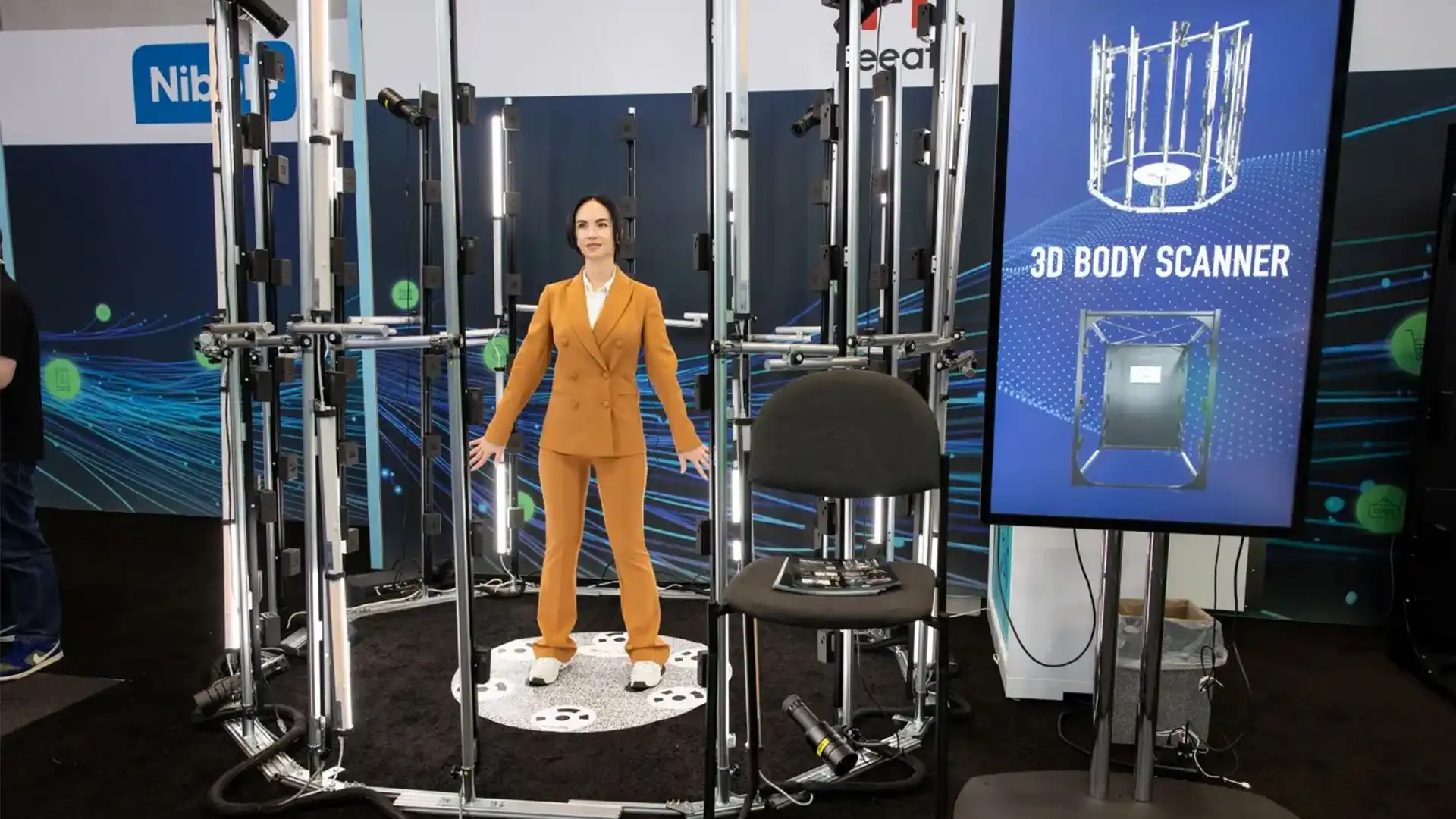Contributed by Matthew Cole, Ph.D., Associate Professor and Jacqueline Stavros, DM Professor and Director, DBA Program.
What do you think Shark Tank’s Lori Greiner, Amazon’s Jeff Bezos, and Beats Electronics founder Dr. Dre have in common? They have an entrepreneurial mindset that led them to develop successful businesses. How can high school students think like an entrepreneur? The answer is to develop and nurture their skills and capabilities to have an entrepreneurial mindset. For several years, Lawrence Technological University’s College of Business and Information Technology has created opportunities to help high school students develop an entrepreneurial mindset. LTU has many informative, engaging and fun campus activities that help develop students’ skills. First, let’s start by describing entrepreneurship and entrepreneurial mindset.
Today we are witnessing a revolution in entrepreneurship, where innovative solutions to both everyday and complex challenges facing the world are leveraged into successful businesses. The father of modern management, Peter Drucker, said, “Much confusion exists about the proper definition of entrepreneurship. Some observers use the term to refer to all small businesses; others, to all new businesses. In practice, however, a great many well-established businesses engage in highly successful entrepreneurship. At the heart of that activity is innovation: the effort to create purposeful, focused change in an enterprise’s economic or social potential.” We define entrepreneurship as a set of activities from idea generation to creating a prototype and business to serve a market need with the intention to earn a profit at a calculated risk.
Successful entrepreneurs have an entrepreneurial mindset – a way of thinking that involves innovation, creating relationships, and building resilience. It involves a constant need to improve skills, learn from mistakes and take continuous action on ideas. An entrepreneurial mindset differs from other types of thinking in business, such as managerial and strategic thinking in terms of the three C’s: curiosity, connections and creating value. Curiosity is about innovative thinking, generating multiple solutions, and thinking outside the box. Connections are about networking and creating relationships with investors and other entrepreneurs. Creating value is about combining curiosity and connections into a profitable business that will have a positive impact for people who buy the product and the planet where resources are used in a sustainable way.
Students can develop an entrepreneurial mindset through experiences and opportunities targeting the three C’s. Through experiences, good and bad, an entrepreneur can learn and build a well of success. An entrepreneur has a growth mindset. To build curiosity, we ask students to be open-minded about what’s possible, i.e., think about ideas that fit their passions, strengths and create value. We teach them how to find a problem that needs solving and flip the problem into an innovative solution that has a positive impact on the customers, communities in which the business exists and our environment. To build connections, we ask students to share their ideas with friends, family, teachers, coaches and other entrepreneurs, etc. We have them create prototypes and encourage them to talk to potential customers—would they buy? We want them to talk to investors—would they invest?
To help students learn how to bring together their curiosity and connections in the form of an actual business that creates value, we provide opportunities for students to build an entrepreneurial mindset from idea generation to presentation during a 5-day Shark Tank Entrepreneurship summer camp where students work in teams to build-a-business. In addition to visiting LTU’s Centrepolis Accelerator, the nation’s first Industry 4.0 business accelerator to globally crowdsource the best in class Industry 4.0 manufacturing efficiency technologies, students compete in an entrepreneurship competition just like a Shark Tank. During the entrepreneurship competition, teams pitch their idea and business to a panel of business professionals. Winners are awarded college scholarships. Entrepreneurship and entrepreneurial mindset are further shaped and nurtured in the undergraduate business program at LTU.



















